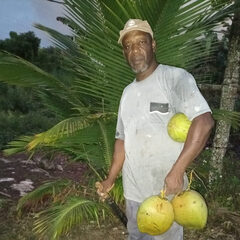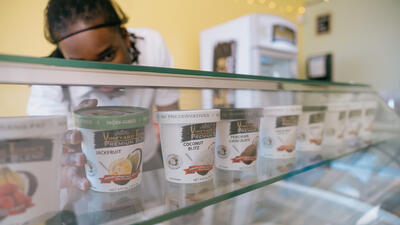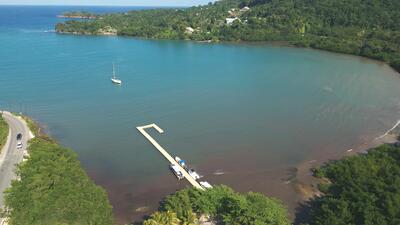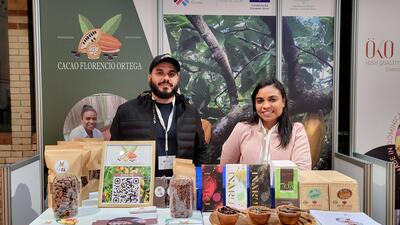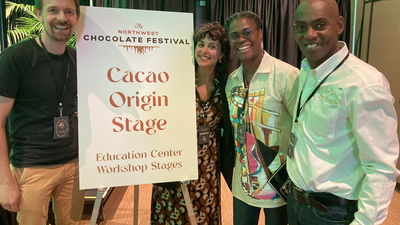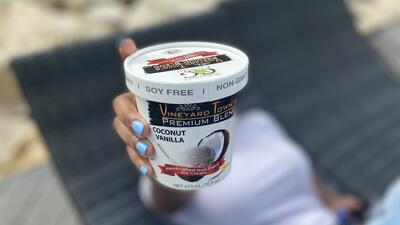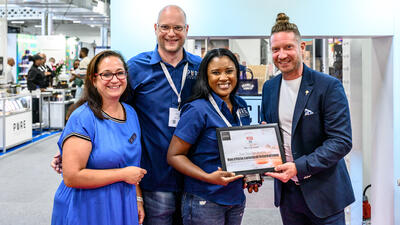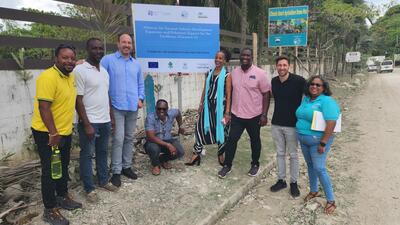
Alliances for a bluer, greener Caribbean
As we navigate a global climate crisis, small island developing states are at risk
The Caribbean region has not been spared, and as the effects of climate change increase, so does the vulnerability of Caribbean production systems, ecosystems, tourism, and infrastructure.
While economic and social development remain a top priority, they can no longer be dissociated from environmental protection and management. Climate change adaptation and mitigation need to form an integral part of any development agenda for the region – and that means adopting the concepts of green growth and the blue economy.
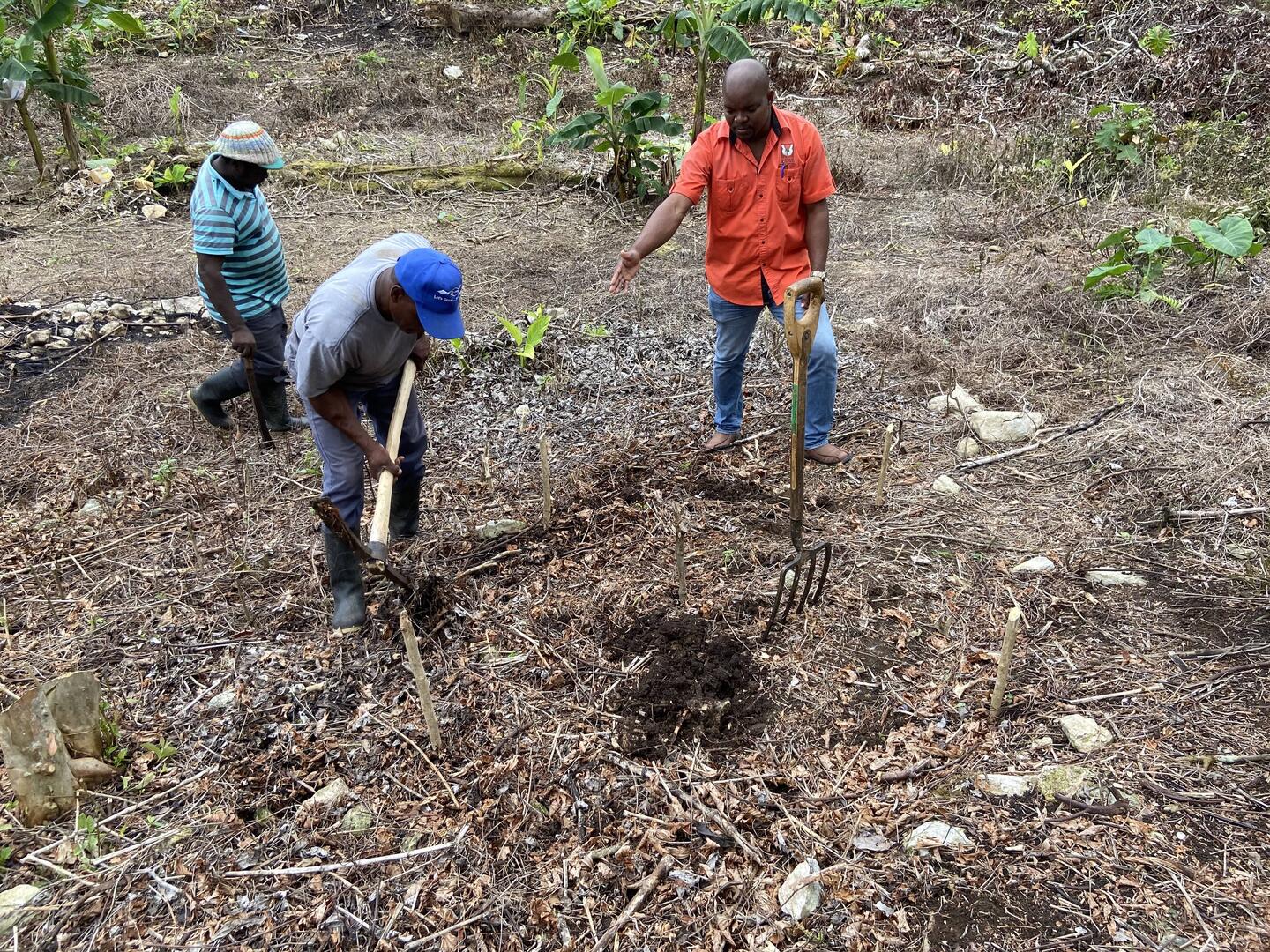
Through Partnerships.
We are part of the International Trade Centre’s Alliances for Action programme. We focus on sustainable and inclusive agribusiness and tourism.
The project places sustainable development, thriving farmer communities and equitable market access at the heart of its activities, and strategic partnerships and alliances at the heart of its approach. Why? Real impact for people and lasting, systemic change.
Meet the Alligator Head Foundation and the Coconut Industry Board in Jamaica.
While one engages a collaborative approach to protect fish stocks, restore habitats, and regenerate local economies, the other is responsible for monitoring and informing the Government of Jamaica on the state of the coconut industry, advising growers of agronomic best practices, and providing quality planting materials.
They both have entered a strategic partnership, together with the International Trade Centre’s ITC-Alliances for Action programme, to promote sustainable production. How?
Nickie Myers, General Manager of the Alligator Head Foundation, explains: “Our community-driven model focuses on building capacity through climate-change resilient farming practices.”

The partnership generates alternative sources of income through coconuts and associated crops. Moreover, the collaborative initiative builds the capacities of lead farmer groups and communities for conservation from ‘ridge to reef’ to protect land and marine ecosystems, protect and restore biodiversity, adapt to climate change effects like rising sea levels, natural events like cyclones and unseasonal rains.
Finally, it engages environmentally sustainable partnerships for linkages to green finance and fosters environmental stewardship in communities.
Lead farmer Leonardo Gordon, and his group are now implementing ridge-to-reef practices, including intercropping, coconut husbandry and integrated pest management. This reduces environmental degradation in the upland areas (ridge) that impact coastal ecosystems (reef).
This way they also deepen their resilience to climate shocks while improving their incomes through diversification and better productivity.
What is our strategic approach?
Alliances for Action looks at urgent strategies that protect and uplift the Caribbean region and support its inhabitants. These strategies are:
- Add value at local and regional levels.
- Minimize over-reliance on imported food, enhance food security / sustainable food systems.
- Improve access to finance and investments through commercial alliances.
- Engage sustainable practices aligned with green growth and blue economy goals.
COVID-19 showed the weaknesses in food systems
COVID-19 has made it painfully clear that resilient and sustainable ecosystems, as well as steady jobs and investments, rely on both agriculture and services – and strong, inclusive and well-oiled food systems.
Food systems include producers, processors, traders, food service industry and tourism actors and consumers. This community needs to engage in sustainable, transformative practices.
Our goal: Modernizing and transforming agriculture sustainably
The Alliances for Action partnership shows, at the micro level, how each actor contributes to boosting the country’s economy, improving its farmer community’s lives and incomes, and engaging its communities in sustainable practices that integrate environmental stewardship of land and sea.
Only then will we be able to build a sustainable present and future for the agribusiness and tourism sectors in vulnerable environments.
The International Trade Centre’s ‘Alliances for Coconut Industry Development in the Caribbean’ project is part of a programme initiated by CARIFORUM and the Organisation of African, Caribbean and Pacific States, financed by the European Union.





